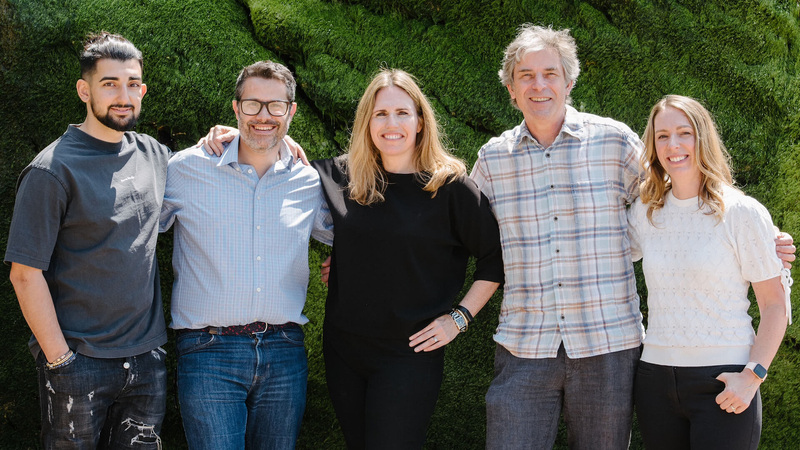You are viewing your 1 free article this month. Login to read more articles.
What the industry learned in 2014
The discovery of talent via YouTube, a resurgence at Waterstones, the long-running Amazon/Hachette terms dispute and the thinning out of independent publisher numbers were among the significant developments in 2014, according to prominent figures in the industry.
C.e.o.s from across the trade, including Penguin Random House UK's Tom Weldon, Hachette UK's Tim Hely Hutchinson, David Prescott of Blackwell's and Sam Husain of Foyles, have given their thoughts on the year to The Bookseller and subscribers can read the interviews in full here.
It was a "tough" year, according to Pan Macmilllan m.d. Anthony Forbes Watson, given the year-on-year drop in Nielsen BookScan TCM figures matched with a flattening of e-book growth, but one which brought focus back to "the fundamentals of publishing". PRH UK's Weldon said publishing had demonstrated "its resilience, its diversity and its deep-rooted cultural relevance", despite a "tough" UK market, which meant growth came mainly in children's and export.
There was widespread consensus that big names and brands became even more important: S&S UK's Ian Chapman reflected on their "ever-increasing dominance" and the impact of the big YA and adult films on book sales. HarperCollins Childrens Books publisher Ann-Janine Murtagh agreed, saying: "In 2014 the big brands have just got even bigger, and brands are now focused on quality storytelling." It was also the year the market learned what a vlogger was, noted Bell Lomax Moreton's Paul Moreton. Yet the lack of any single publishing "phenomenon" - Minecraft books aside – had left "oxygen for other books", according to Orion General m.d. Lisa Milton.
Fears for the future of independent publishing were raised, with Alma Books' Alessandro Gallenzi referring to "an eerie atmosphere of impending doom" among his indie peers. Yet Association of Authors Agents president Sam Edenborough thought the year had seen independents generate "many stand-out successes and continue to challenge the behemoths."
Many praised the performance of Waterstones, with Forbes Watson saying it had "rediscovered its purpose" during the year. The chain's m.d. James Daunt himself reflected that "at Waterstones, book sales grew for the first time in many years, and so in effect answered positively the question whether there is a sustainable, long-term future for the current number of range-holding, dedicated bookshops in the UK."
Meanwhile Michael Neil, books director of WHS High Street, struck a challenging note by saying: "We need to have good, strong books for the whole sector. The quality of books wasn't as good as it could have been this year."
Among several reflections on the Amazon/Hachette negotiations, The Publishers Association's chief executive Richard Mollet observed: "It wasn't so much a case of the gloves coming off as the veil dropped. The sort of disputes going on under the surface have been made public." Agent Clare Alexander deemed 2014 a "difficult" year which had left her "cautiously optimistic" but looking forward to seeing the big publishers firing on all cylinders, freed from the pressures of global mergers or prolonged terms disputes.
Cross-industry initiatives such as Books Are My Bag were widely praised. But there were sobering reflections from industry professionals on the continued challenges to author incomes as well as to the battered public library service.













